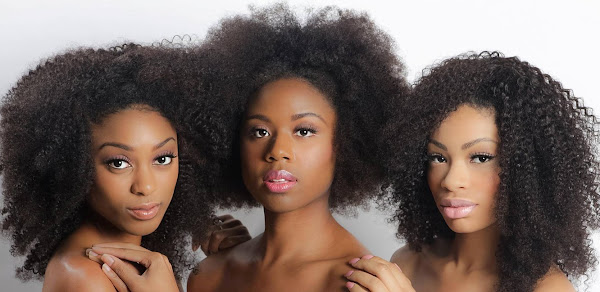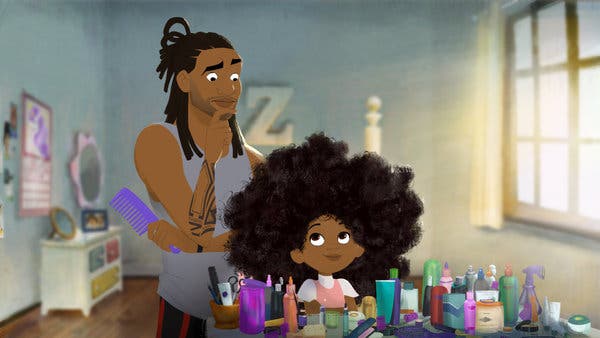The House of Representatives has passed H.R.2116, the Creating a Respectful and Open World for Natural Hair (CROWN) Act. The act would prohibit discrimination based on a person's hair texture or hairstyle if that style or texture is commonly associated with a particular race or national origin. Specifically, the bill prohibits this type of discrimination against those participating in federally assisted programs, housing programs, public accommodations, and employment. Congresswoman Bonnie Watson Coleman (NJ-12) reintroduced the CROWN Act in March 2021. Similar bills have already passed in 15 states and 30 cities.
“Natural Black hair is often deemed ‘unprofessional’ simply because it does not conform to white beauty standards,” said Rep. Watson Coleman. “Discrimination against Black hair is discrimination against Black people. I’m proud to have played a part to ensure that we end discrimination against people for how their hair grows out of their head.”
“Black women, men, and children face discrimination for wearing their natural hair texture and experience serious obstacles at work and school because of it. On top of that, Black women in particular face pressure at work to style their hair in a way that's considered more acceptable because too often, the consequences for not doing so are real and deeply felt,” said Rep Gwen Moore (WI-04). “I am honored to join my colleagues to protect against hair discrimination and ensure every Black person can style their crown as they please.”
“I want my two girls to grow up in a world where they know they will not be discriminated against because of their hair or the way they look,” said Rep. Ilhan Omar (MN-05). “I am thrilled to see the passage of this very important legislation. It’s time that natural hair is a point of pride, not something to hide. I am proud to have worked on this bill with Rep. Watson Coleman and my colleagues to end race-based hair discrimination.”
“For decades, Black and Brown people have been penalized for wearing natural hair styles deemed as ‘unprofessional,’” said Rep. Barbara Lee (CA-13). “It is unacceptable to be discriminated against for wearing your natural hair in the workplace, in school, or anywhere. Rep. Watson Coleman, Rep. Pressley, Rep. Omar, Rep. Moore, and I have taken direct aim at prohibiting race-based hair discrimination because everyone should be able to show up as their authentic selves and be treated with respect. I'm pleased that the CROWN Act has once again passed the House. It's time for the Senate to finish the job and make it law.”
“For centuries, Black folks’ hair—particularly that of Black women—has been politicized and weaponized to discriminate and reject the dignity and beauty of our people,” said Rep. Ayanna Pressley (MA-07). “By passing the CROWN Act out of the House today, we’re taking a bold step toward ending race-based hair discrimination and affirming the right for all of us to show up in the world as our full and authentic selves, no matter where we work or go to school. I’m so grateful to Reps. Watson-Coleman, Lee, Omar and Moore for their partnership. I’m honored to co-lead this bill and look forward to seeing this critical bill signed into law.”
“No one should be discriminated against because of their race, gender, or even their hair,” said Rep. Don Bacon (NE-2). “Unfortunately, there has been an increase of race-based hair prejudice in the workplace, schools, and within federal assistance programs. I’m glad to work with Rep. Watson Coleman to eliminate this bias and start enforcing more equity within our community."
"As a lifelong racial equity champion who created the legislative and social impact strategy for the CROWN Act movement I lead nationwide on behalf of the CROWN Coalition I co-created, I couldn't be prouder today,” said Adjoa B. Asamoah, CROWN Act Legislative and Social Impact Strategist & CROWN Coalition Co-Creator “Effectively tackling anti-Blackness and problematic Eurocentric standards of beauty requires partnership and leadership. I am eternally grateful to Congresswoman Bonnie Watson Coleman for both"
The CROWN Act is cosponsored by a bipartisan group of 116 Representatives. A companion bill is sponsored in the Senate by New Jersey Senator Cory Booker.


















